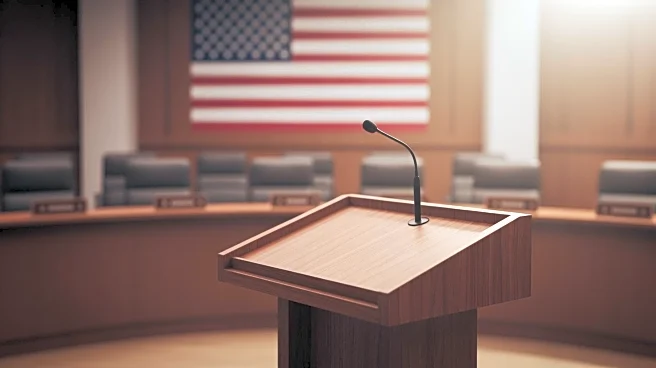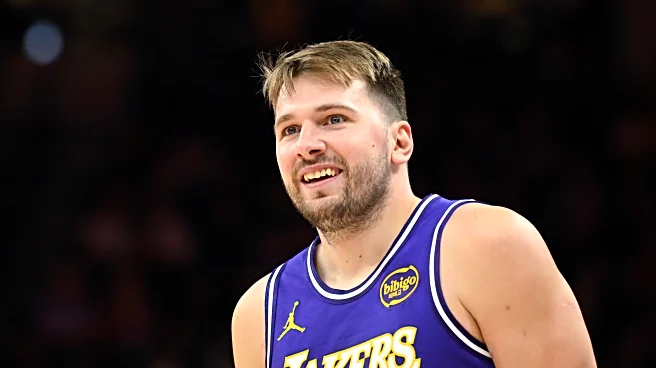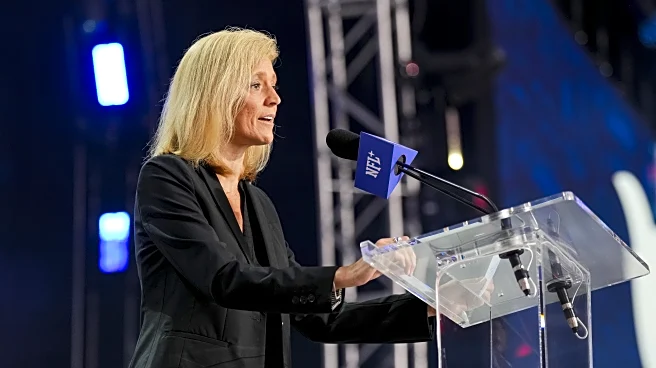Rapid Read • 7 min read
Senator Ruben Gallego of Arizona has been vocal about the Democratic Party's shortcomings, particularly in addressing economic concerns and immigration issues. During a visit to New Hampshire, Gallego highlighted what he perceives as a 'national brand problem' within the party, criticizing some Democrats for not acknowledging economic challenges faced by voters. He emphasized the need for the party to regain the trust of working-class voters, including those who previously supported President Trump. Gallego's remarks come as he actively participates in early presidential circuits, raising speculation about a potential 2028 presidential run.
AD
Gallego's critique of the Democratic Party underscores a broader challenge for the party in reconnecting with working-class voters, a demographic that has increasingly leaned towards Republican candidates in recent elections. His comments reflect internal debates within the party about how to address economic and immigration issues effectively. Gallego's potential candidacy for the 2028 presidential election could influence the party's strategy and policy focus, particularly if he continues to gain attention for his centrist approach and willingness to engage with Trump supporters.
As Gallego continues to travel and engage with voters across key states, his actions may prompt other Democratic leaders to reassess their strategies and messaging. The party may face pressure to address the concerns raised by Gallego, particularly regarding economic policies and immigration reform. Gallego's future political moves, including a possible presidential bid, will be closely watched by both Democratic and Republican strategists as they prepare for the 2028 election cycle.
Gallego's approach highlights a potential shift within the Democratic Party towards more centrist policies, aiming to bridge divides with moderate and conservative voters. His emphasis on compromise and bipartisan cooperation could signal a broader trend of political realignment, as parties seek to adapt to changing voter demographics and priorities.
AD
More Stories You Might Enjoy












